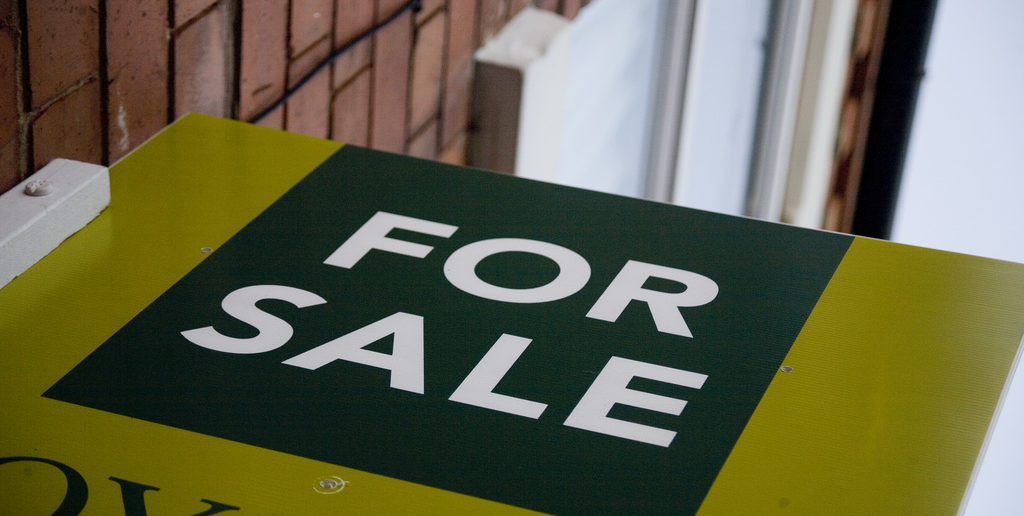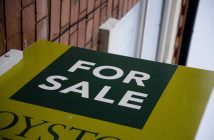January has seen the UK housing pick up after a sluggish 2019, with January seeing a month-on-month rise of 0.5 per cent.
UK house prices rose 1.9 per cent compared to January 2018, with the average house price up to £215,897 this month, compared with £215,282 in December.
The mortgage figures from building society Nationwide signal some dynamism returning to the UK property market after more than a year of relative stagnation. This conclusion is supported by information from latest Residential Market Survey by the Royal Institute of Chartered Surveyors, which shows a significant rise in inquiries by new buyers in December.
Recent months have also seen record-low interest rates, which pushed have new mortgage approvals to their highest levels since the Brexit vote, rising 19.6 between December 2018 and December 2020. The political instability surrounding the UK’s departure from the European Union has cooled the property market over the last few years, but in the wake of Boris Johnson’s electoral victory in December it appears both buyers and sellers have started to find some confidence.
The UK’s uncertain future relationship with the EU remains an issue and economists are advising caution over the latest figures, but the Brexit political paralysis is over and that alone is good for business and good for the property market.
Robert Gardner, Nationwide’s chief economist, commented: “Recent data continue to paint a mixed picture. Economic growth appeared to grind to a halt as 2019 drew to a close, though business surveys point to a pickup at the start of the New Year. Labour market data was surprisingly upbeat in the three months to November, with the economy adding over 200,000 jobs – the largest gain since the end of 2018.
“The underlying pace of housing market activity has remained broadly stable, with the number of mortgages approved for house purchase continuing within the fairly narrow range prevailing over the past two years. Healthy labour market conditions and low borrowing costs appear to be offsetting the drag from the uncertain economic outlook.
“Looking ahead, economic developments will remain the key driver of housing market trends and house prices. Much will continue to depend on how quickly uncertainty about the UK’s future trading relationships lifts, as well as the outlook for global growth. Overall, we expect the economy to continue to expand at a modest pace in 2020, with house prices remaining broadly flat over the next 12 months.”
For sellers looking to put their house on the market this year, property experts recommend making some inexpensive home improvements to boost their sale price as confidence comes back to the market. A clean and tidy house will look more spacious, and one with plain light-coloured walls will allow a prospective buyer the chance to imagine the house as their own.
However, for those looking to boost the price further, double glazing has the double benefit of keeping in the heat to improve energy efficiency and keeping out the noise from busy streets. Converting and insulating the loft can also add storage space or possible an extra spare-bedroom, which can push a house price up to the next level.




